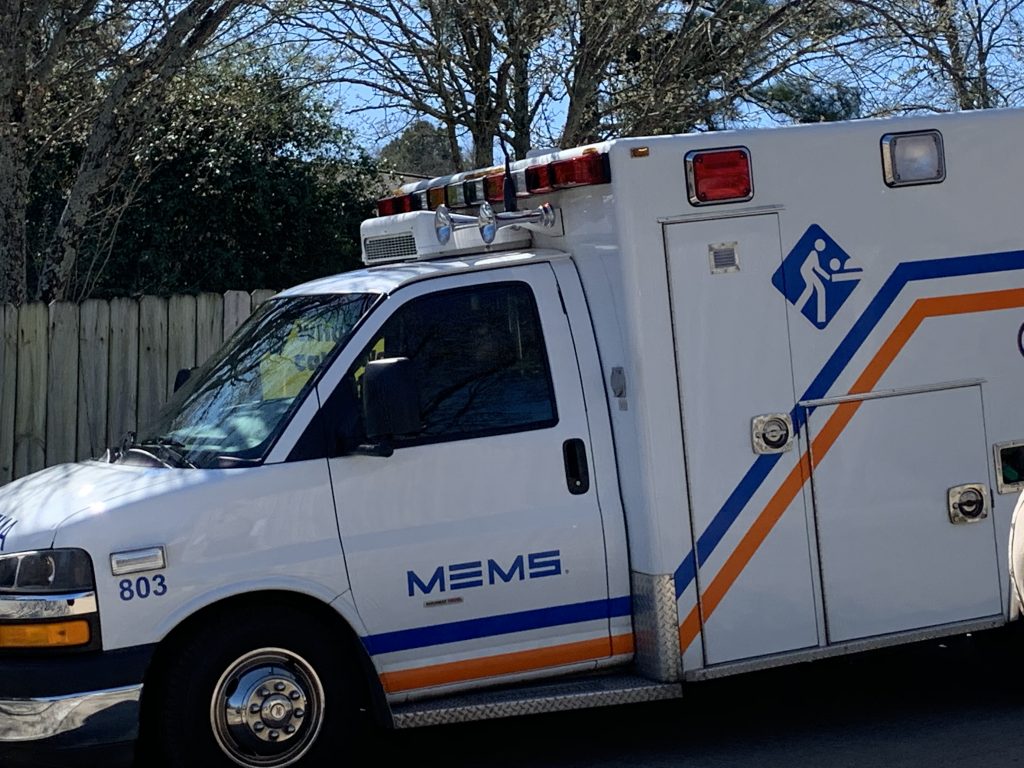Family Council Joins Letter Urging President Trump to Restrict Abortion Drugs

Last week Family Council joined a letter with more than 50 other state and national pro-life leaders urging President Trump to place better safeguards on abortion drugs like the RU-486 regimen that uses mifepristone and misoprostol.
A recent study by the experts at the Ethics and Public Policy Center shows RU-486 is at least 22 times more dangerous than U.S. Food and Drug Administration labeling indicates.
The study — which relied on all-payer insurance claims data from 2017 to 2023 — found nearly one in nine women experienced serious health complications from abortion drugs. Women who took the abortion drugs experienced sepsis, infection, hemorrhaging, and other life-threatening complications.
With such serious complications, it’s clear that abortion drugs simply should not be for sale in America. That is why Family Council joined the letter last Tuesday urging the president to consider stronger policies against RU-486.
The letter reads in part,
Many states have laws protecting against mifepristone not only because it kills an unborn child, but also because of the grave risk it poses to women.
The FDA label for mifepristone states fewer than 0.5 percent of women experience serious adverse reactions from mifepristone. However, data released April 28, 2025 examines 865,727 prescribed mifepristone abortions from 2017 to 2023 and demonstrates that 10.93 percent of women—22 times higher than the FDA reported 0.5 percent—experience sepsis, infection, hemorrhaging, or another serious adverse event within 45 days following a mifepristone abortion. The risk from mifepristone could jeopardize a mother’s life. . . .
States must be empowered to enforce pro-life laws, all the original safety protocols on mifepristone must be restored, and the FDA must investigate mifepristone, reconsidering its approval altogether. The lives of women and unborn children and the rights of states depend upon it.
Over the years, Arkansas’ state legislators have enacted excellent laws prohibiting abortion and preventing abortion drugs from being delivered by mail in Arkansas. But the FDA and the federal government have taken steps that threaten to undermine these good, pro-life laws, and pro-abortion states are protecting abortionists who mail abortion drugs into Arkansas.
Abortion drugs don’t just kill unborn children. They also harm women. That’s simply one more reason why our country needs to protect everyone from these dangerous drugs.
Articles appearing on this website are written with the aid of Family Council’s researchers and writers.





